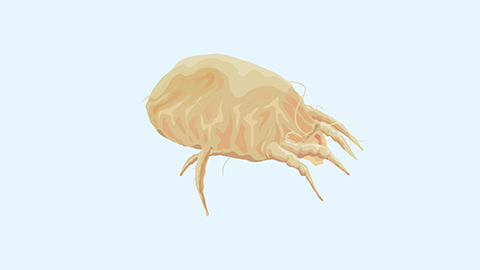Is "brain-eating amoeba" a disease?
The term "brain-eating amoeba" generally refers to the amoeba parasite. Under normal circumstances, carrying the amoeba parasite itself is not considered a disease. The disease occurs when an infection by the amoeba parasite causes symptoms. Simply carrying the parasite without developing symptoms cannot be classified as a disease, while the presence of tissue damage and clinical symptoms falls within the scope of disease. A detailed explanation is as follows:

After the human body comes into contact with the amoeba parasite, due to strong immunity or a small number of parasites with low virulence, the parasites may remain in a latent state within the body without causing damage to tissues or organs or triggering any discomfort symptoms. This condition cannot be considered a disease, as the body and the parasites maintain a relatively balanced state.
If the individual's immunity is weakened or the infection involves a large number of highly virulent amoeba parasites, the parasites can parasitize and multiply in areas such as the intestines, liver, and brain, damaging tissue cells and causing clinical symptoms such as abdominal pain, diarrhea, mucus-filled bloody stools, fever, liver area pain, and even coma. At this stage, diseases such as amoebic dysentery, amoebic liver abscess, and primary amoebic meningoencephalitis have developed.
It is important to maintain good dietary and environmental hygiene in daily life, avoid drinking untreated water and consuming unwashed food, and take protective measures when coming into contact with natural water sources. If unexplained gastrointestinal, liver-related, or neurological symptoms appear, seek timely medical attention to determine if there is an amoeba parasite infection.







